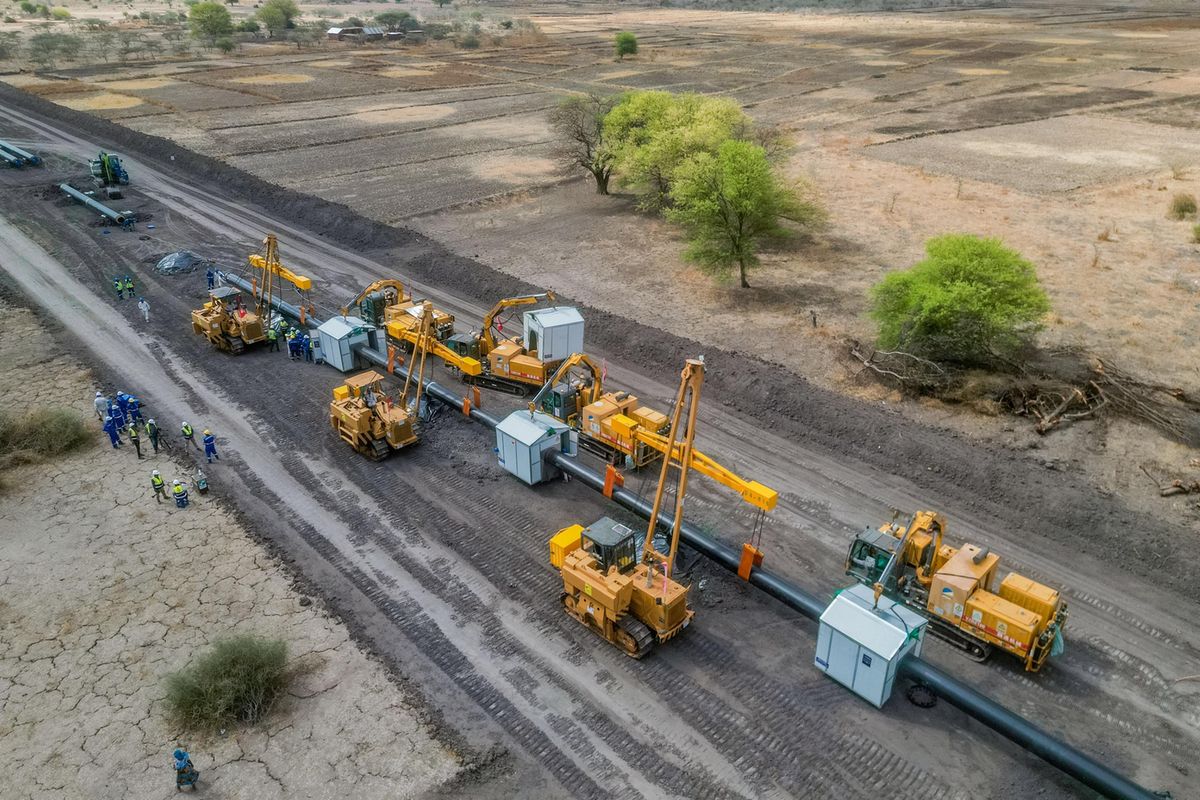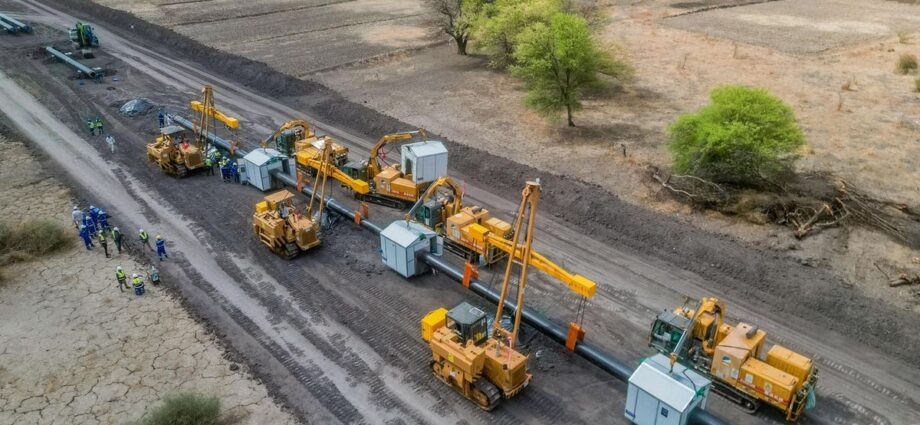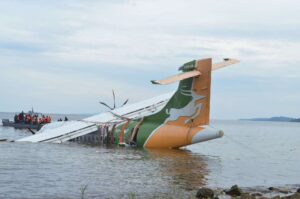
Dar es Salaam. The construction of the East African Crude Oil Pipeline (Eacop) Project, which runs from Uganda to Tanzania, has reached 47 percent completion as of September 2024.
Ongoing activities include pipe-laying across eight regions, showcasing significant progress since the project commenced in February 2022.
The Eacop project is a joint venture between the Tanzanian and Ugandan governments, each holding a 15 percent stake, while TotalEnergies owns 62 percent and CNOOC holds 8 percent.
The total cost of the project is estimated at $3.5 billion, necessitating extensive logistical and environmental planning to minimize impacts on local ecosystems and communities.
During a press briefing yesterday, the project coordinator from the Tanzania Petroleum Development Corporation (TPDC), Mr Asiadi Mrutu, said the project’s construction was proceeding according to schedule, with an anticipated completion date of July 2026.
“We are on the right track, and construction will be completed on schedule, as per the contract,” Mr Mrutu stated.
He noted that as of September, a total of 9,868 residents, representing 99.3 percent of those eligible, have been compensated, with total payments amounting to Sh35.1 billion.
The project has also created significant employment opportunities, providing approximately 8,694 Tanzanians with temporary and permanent jobs since its inception.
“The project has brought numerous benefits to Tanzania, including government revenue from permits, fees, and land taxes. Additionally, local services, worth Sh82.1 billion, have been procured for the project,” he added.
Mr Mrutu underscored the importance of protecting the project’s infrastructure, stating that residents of the affected regions, in collaboration with regional governments, are actively working to safeguard the infrastructure and prevent sabotage.
Once completed, 148 workers from Uganda and Tanzania will benefit from permanent employment. Mr Mrutu emphasised the commitment to stakeholder engagement, stating, “We have invited stakeholders to participate in meetings, seminars, and discussions on important project issues. This ensures that their opinions are considered in the project’s implementation.”














